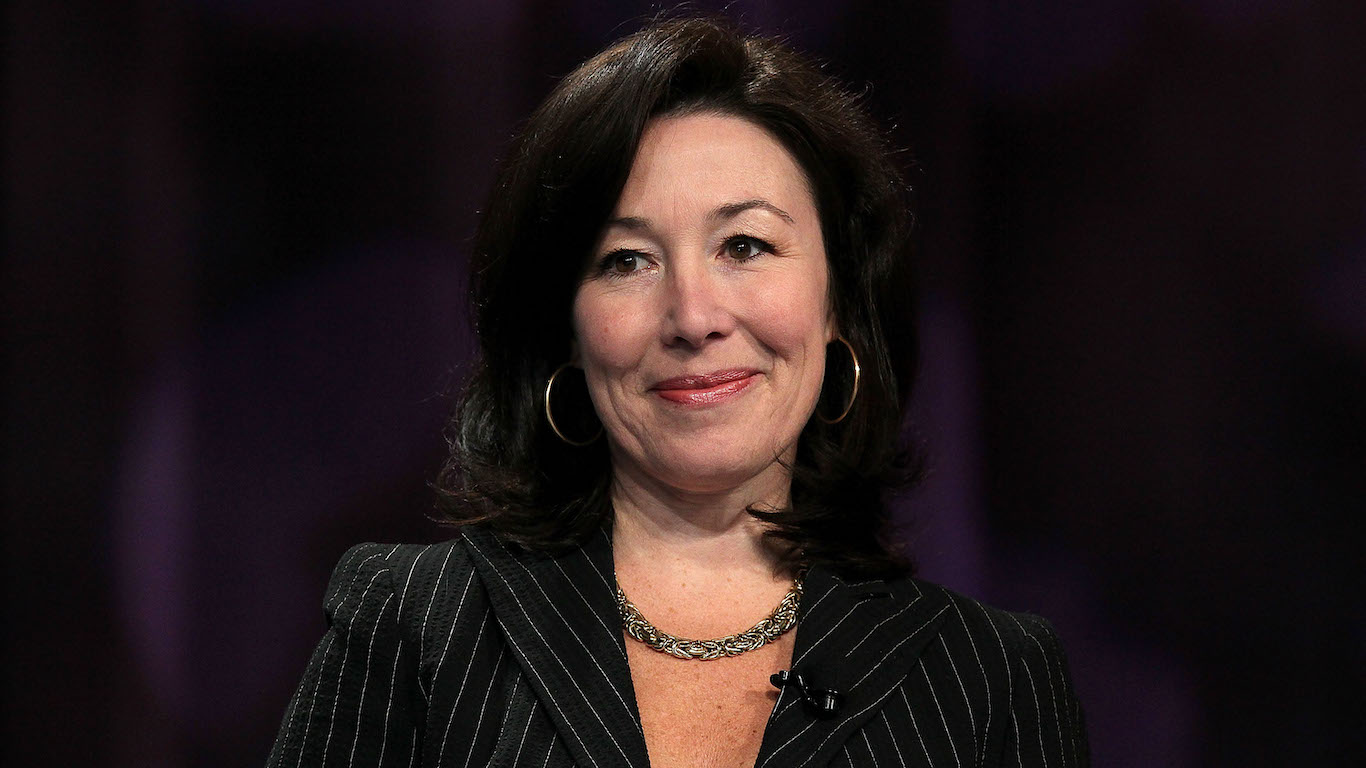
Shares of Boeing Co. (NYSE: BA) traded down by as much as 6% in Thursday’s premarket trading session following the disclosure late Wednesday that flight simulations have revealed a second problem with the company’s 737 MAX that is unrelated to the anti-stall system that led to the two crashes that killed 346 people. The U.S. Federal Aviation Administration (FAA) has ordered Boeing to make additional fixes before the plane is allowed to fly again.
The FAA has not revealed the nature of the new problem, but according to Bloomberg sources, a flight computer “could cause the plane to dive in a way that pilots had difficulty recovering from in simulator tests.” Agency officials last month told aviation industry representatives that the 737 MAX grounding could be lifted by the end of June. That is unlikely to happen now.
In a statement posted on its website, the FAA said it is following a “thorough process, not a prescribed timeline” for getting the 737 MAX back into service and that it will lift the grounding order “when we deem it safe to do so. … The FAA recently found a potential risk that Boeing must mitigate.”
It’s hard to say whether the discovery of new problems with the 737 MAX is good for Boeing. Why did the company miss these problems in the first place? Earlier this month, the company identified another problem with the plane that it blamed on an “improper manufacturing process” at one of its suppliers.
Now another of the plane’s onboard flight computers appears to need a software fix to prevent the aircraft’s horizontal stabilizer from moving without a specific command from the pilot. The faulty software could force the plane’s nose down, leading to a dive that pilots in flight simulations have had a difficult time recovering from.
Every new issue discovered during the FAA’s testing further delays the return of the 737 MAX to commercial service. Boeing’s customers have been taking short-term (six-month) leases on other models to fill in their flight schedules. Now, according to a report Thursday morning from Leeham News and Analysis, lessors are demanding at least a one-year lease: “The one-year lease extensions may further impact how quickly Boeing can return to service the grounded and undelivered airplanes that now number nearly 600 aircraft (almost 400 grounded, about 200 undelivered).”
When the FAA lifts its grounding order on the planes, Boeing faces additional scrutiny from regulators in other jurisdictions who have indicated that they are no longer willing simply to follow the FAA’s lead. The International Air Transport Association (IATA) in a statement Thursday, acknowledged the FAA’s central role in getting the 737 MAX back into service and the “duty” of other civil authorities to “make independent decisions.”
Alexandre de Juniac, IATA’s director general and CEO, noted, however, “At the same time, aviation is a globally integrated system that relies on global standards, including mutual recognition, trust, and reciprocity among safety regulators. … Aviation cannot function efficiently without this coordinated effort, and restoring public confidence demands it.”
The 737 MAX has been grounded in the United States since March 13, three days after the crash of an Ethiopian Airlines jet that killed 157 people.
Note that Boeing is not only one of the largest employers in the United States but also considered one of the best companies to work for.
Get Ready To Retire (Sponsored)
Start by taking a quick retirement quiz from SmartAsset that will match you with up to 3 financial advisors that serve your area and beyond in 5 minutes, or less.
Each advisor has been vetted by SmartAsset and is held to a fiduciary standard to act in your best interests.
Here’s how it works:
1. Answer SmartAsset advisor match quiz
2. Review your pre-screened matches at your leisure. Check out the advisors’ profiles.
3. Speak with advisors at no cost to you. Have an introductory call on the phone or introduction in person and choose whom to work with in the future
Thank you for reading! Have some feedback for us?
Contact the 24/7 Wall St. editorial team.
 24/7 Wall St.
24/7 Wall St.